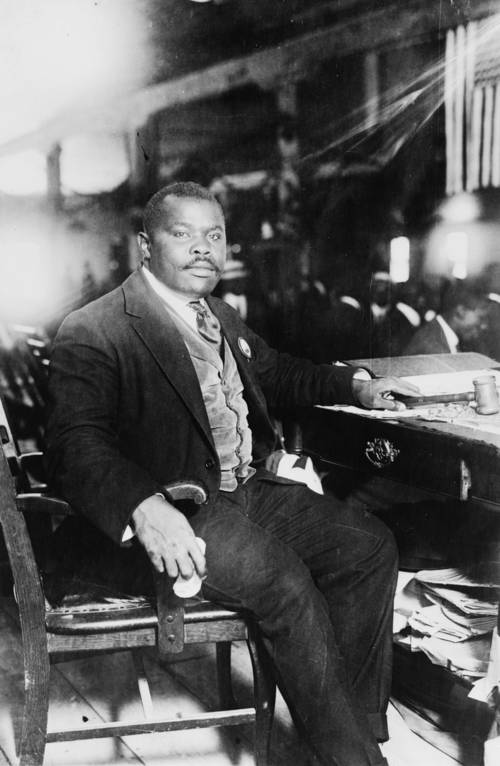
FAQ About Marcus Garvey

Who was Marcus Garvey?
Marcus Garvey was a Jamaican activist, publisher, and leader of the Pan-Africanism movement. He is best known for his work in promoting African unity and establishing the Universal Negro Improvement Association and African Communities League (UNIA-ACL). Garvey advocated for the social, economic, and political freedom of people of African descent worldwide.

What was the Universal Negro Improvement Association?
The Universal Negro Improvement Association (UNIA) was founded by Marcus Garvey in 1914. It aimed to unify people of African descent globally, promote economic self-sufficiency, and foster a sense of pride and dignity among African-Americans. The association grew rapidly and, at its height, claimed millions of members worldwide.

What did Marcus Garvey advocate for in his activism?
Marcus Garvey advocated for the empowerment and self-reliance of African-Americans and people of African descent through economic independence, cultural pride, and unity. He also promoted the "Back to Africa" movement, encouraging African-Americans to return to Africa and build a nation free from racial discrimination and oppression.

What was the "Back to Africa" movement?
The "Back to Africa" movement was a component of Marcus Garvey's Pan-African vision. It encouraged people of African descent to return to Africa to establish self-governed communities and nations. Garvey believed this would help develop Africa as a unified power and provide African-Americans with a land free from racial oppression.

Why is Marcus Garvey considered a controversial figure?
Marcus Garvey is considered controversial due to his radical ideas and collaborations during his lifetime. His ideology promoted racial separation and empowerment, which some considered extreme. He also faced criticism for interacting with controversial figures, including early talks with the Ku Klux Klan, and for being convicted of mail fraud involving his shipping line, Black Star Line.

What was the Black Star Line?
The Black Star Line was a shipping company founded by Marcus Garvey and the UNIA in 1919. It was intended to facilitate commerce among Africans globally and across the African diaspora as part of Garvey's vision of economic self-sufficiency and unity. Despite its ambitious goals, the company faced operational challenges and financial difficulties, eventually leading to its collapse.

How did Marcus Garvey influence the Pan-Africanism movement?
Marcus Garvey significantly influenced Pan-Africanism by advocating for the unity and empowerment of all African people worldwide. He laid the foundation for later movements and leaders advocating for African solidarity, sovereignty, and civil rights, such as Kwame Nkrumah and Nelson Mandela. Garvey's vision inspired numerous future Pan-African endeavors and institutions.

What were some key achievements of Marcus Garvey?
Some key achievements of Marcus Garvey include founding the Universal Negro Improvement Association, establishing the Black Star Line, and pioneering the "Back to Africa" movement. His impactful speeches and writings fostered a sense of pride in African heritage and identity, and his efforts in economic and political arenas influenced future civil rights and Pan-African activities.

How did Marcus Garvey's teachings impact future civil rights movements?
Marcus Garvey's teachings on self-reliance, racial pride, and economic empowerment significantly impacted future civil rights movements. His emphasis on unity and independence inspired leaders like Malcolm X and Martin Luther King Jr. He laid ideological groundwork that influenced the development of the African-American identity and resistance movements in the mid-20th century.

Was Marcus Garvey ever imprisoned?
Yes, Marcus Garvey was imprisoned in 1925 after being convicted of mail fraud related to the Black Star Line. He was sentenced to five years in prison but was released in 1927 after serving about two years, partially due to public pressure. Following his release, he was deported to Jamaica, his birthplace.
